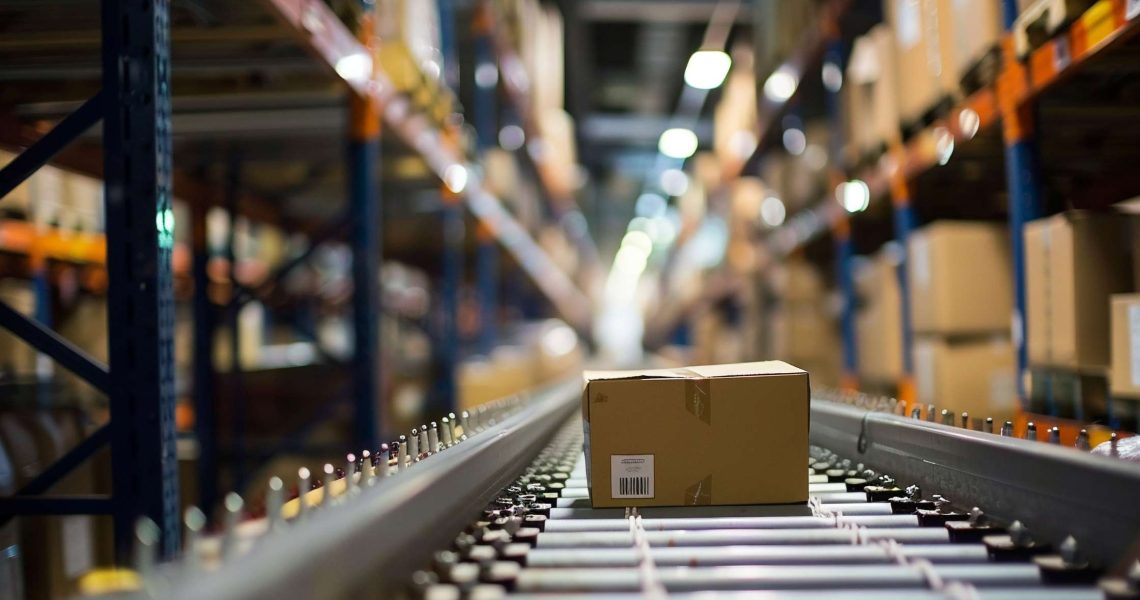You’re about to explore how technology reshapes the medical supply chain, making it more efficient and reliable. Imagine IoT devices providing real-time data to ensure temperature-sensitive medicines remain effective. Then, there’s AI optimizing inventory to minimize waste. Blockchain offers tamper-proof records, ensuring trust among stakeholders.
But how do these technologies tackle the unique challenges of healthcare logistics and regulatory compliance? Consider these innovations’ impact on patient care outcomes and whether current systems are ready to embrace these changes. What’s next for this evolving landscape?
Understanding Healthcare Logistics
Healthcare logistics is crucial for ensuring that medical supplies, pharmaceuticals, and devices reach healthcare facilities and patients promptly and accurately. You play a pivotal role in maintaining the supply chain, which is essential for patient care.
Efficient logistics optimization means moving goods while ensuring that hospitals and clinics remain well-stocked and ready to provide care. Mastering pharmaceutical distribution involves understanding how to get medicines from manufacturers to those in need without delay.
Inventory management is your key tool for anticipating demand and reducing waste. By optimizing these processes, you can improve service delivery and overall patient outcomes.
Key Challenges in Medical Supply
Managing the medical supply chain presents significant challenges, with temperature control and expiration date compliance topping the list.
Maintaining optimal conditions for temperature-sensitive products is essential, as any fluctuation can lead to spoilage or reduced efficacy. Expiration management becomes equally critical, ensuring that outdated medications are not distributed.
Tracking challenges arise when shipments can’t be accurately monitored, leading to potential losses or delays. Building strong supplier relationships is crucial for reliable product availability and quality, and supplier issues can disrupt the entire chain.
Demand planning requires precision to balance supply and demand, avoiding shortages and overstock. Each aspect requires your constant attention to ensure efficient and uninterrupted healthcare delivery, which directly impacts patient safety and business success.
Role of IoT in Supply Chains
Leveraging IoT in supply chains transforms logistics by providing real-time data and insights, ensuring more efficient and reliable operations.
With IoT applications, you can achieve real-time monitoring of medical supplies, allowing for precise tracking of temperature-sensitive products. This continuous monitoring helps in supply chain optimization by minimizing delays and disruptions.
IoT devices facilitate seamless data integration across different systems, enhancing stakeholder transparency and collaboration. You can remotely manage supply chain processes, making responding to issues promptly and maintaining quality standards easier.
Predictive Maintenance Technologies
Predictive maintenance technologies revolutionize healthcare logistics by minimizing equipment downtime and preventing failures through continuous monitoring and data analysis.
By employing predictive analytics, you can anticipate potential issues before they occur, ensuring equipment reliability and enhancing operational efficiency.
This proactive approach is vital for downtime reduction, as it allows you to implement effective maintenance strategies tailored to specific equipment needs.
Continuous data collection and analysis enable you to monitor equipment health and predict when maintenance is necessary, preventing unexpected breakdowns.
This not only saves time but also enhances the overall efficiency of your operations.
Incorporating predictive maintenance technologies into your logistics strategy ensures that your equipment remains reliable. This will ultimately support uninterrupted healthcare delivery and improve patient outcomes.
Navigating Regulatory Compliance
While maintaining equipment health is vital for operational efficiency, understanding and adhering to the complex web of regulatory compliance is equally important for ensuring safe and effective healthcare logistics.
To meet global standards while implementing effective compliance strategies, you need to navigate various regulatory frameworks. Proper documentation management becomes crucial for tracking compliance across different jurisdictions. Conducting thorough risk assessments helps identify potential compliance gaps and develop mitigation measures.
To successfully manage regulatory compliance, consider the following:
- Stay updated on changing global standards and regulations.
- Implement robust documentation management systems for accurate record-keeping.
- Develop comprehensive compliance strategies tailored to your supply chain needs.
- Regularly conduct risk assessments to identify and address potential issues.
Innovations and Case Studies
In the rapidly evolving landscape of healthcare logistics, companies like Pfizer, Eli Lilly, and Novartis are setting new standards by integrating cutting-edge technologies such as AI, IoT, and blockchain to enhance supply chain efficiency and reliability.
By leveraging blockchain technology, you can ensure supply chain transparency and provide a tamper-proof record of transactions and product origins.
AI integration enables predictive analytics, allowing you to anticipate demand and manage inventory more effectively.
Data analytics play a crucial role in monitoring supply chain health and uncovering insights that drive strategic decisions.
Robotics automation streamlines operations, reducing human error and increasing speed.
These innovations optimize the supply chain and ensure that critical medical supplies reach patients safely and on time.
Revolutionizing Healthcare Delivery with Velox Express
Imagine the medical supply chain as a well-oiled machine, humming smoothly thanks to technology’s guiding hand. You’re not just witnessing progress; you’re part of a revolution where IoT watches like a vigilant guardian while AI orchestrates a symphony of efficiency. Blockchain stands as an unbreakable fortress of trust. These innovations don’t just streamline logistics—they’re the lifeblood of improved patient care. Embrace this change, and you’ll find a future where healthcare is more reliable and responsive.
Velox Express, a leader in same-day delivery services, is at the forefront of this transformation. With over 30 years of experience and a commitment to excellence, Velox Express ensures medical supplies are delivered promptly and securely.
Their dedicated team and advanced technology solutions work together to meet healthcare providers’ unique needs. By partnering with Velox Express, clients can enhance their supply chain efficiency and focus on what truly matters—delivering exceptional patient care.

